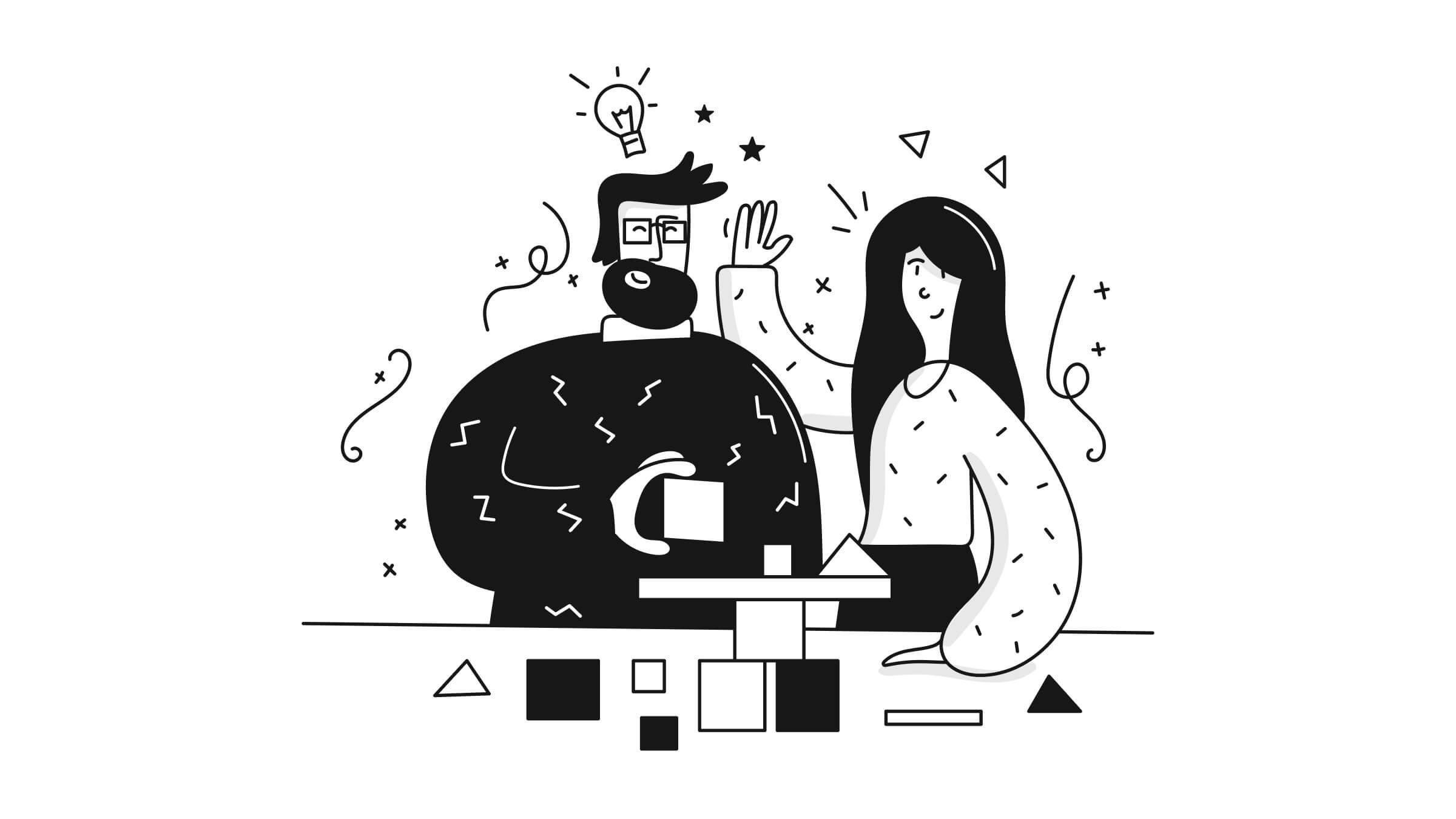OpenAI o1 Coding Breakthrough - New AI Model Masters Complex Programming
OpenAI's latest o1 model demonstrates unprecedented reasoning capabilities in coding tasks, achieving near-human performance on complex software engineering challenges.

OpenAI's o1 model represents a significant leap forward in AI's ability to understand and write complex code. This could revolutionize how we approach software development.
A New Era of AI Reasoning
OpenAI has released a breakthrough model that demonstrates unprecedented capabilities in code generation and problem-solving. The o1 model, part of OpenAI's latest series, shows remarkable improvements in understanding complex programming tasks.
Technical Achievements
Advanced Reasoning Capabilities
The o1 model excels at:
- Multi-step problem solving in complex algorithms
- Code optimization and refactoring
- Debugging intricate software issues
- Architecture planning for large-scale applications
Benchmark Performance
While specific benchmark numbers for o1 are still emerging, early reports suggest:
- Near-human performance on algorithmic coding tasks
- Significant improvements over previous GPT models
- Better understanding of long-term project context
Real-World Applications
Software Engineering
The o1 model's capabilities extend to real-world scenarios:
- Legacy code modernization
- Performance optimization
- Security vulnerability identification
- Design pattern implementation
Development Workflow Integration
Early adopters report that o1 can:
- Generate complete features from specifications
- Write comprehensive tests automatically
- Document code as it writes it
- Suggest architectural improvements
Competitive Landscape
Comparison with Other Models
- vs GPT-4: Significantly better at complex reasoning tasks
- vs Claude: More consistent in long-form code generation
- vs Open-Source Models: Maintains lead in specialized coding scenarios
Implications for Developers
Productivity Impact
- Faster feature development - AI can handle implementation details
- Reduced debugging time - Better error identification and fixing
- Improved code quality - More consistent and well-structured code
Learning and Collaboration
- Better pair programming experience with AI
- Educational tool for learning new programming concepts
- Code review assistance for identifying potential issues
Limitations and Considerations
While impressive, o1 still has limitations:
- Context window constraints for very large codebases
- Potential over-reliance on AI suggestions
- Cost considerations for extensive usage
The Future of AI-Assisted Development
The o1 model represents a significant step toward AI systems that can truly collaborate with developers rather than just assist them. As these models continue to improve, we may see:
- More autonomous coding for routine tasks
- Better integration with existing development tools
- New paradigms for human-AI collaboration in software development
Key Takeaway: OpenAI's o1 model demonstrates that we're entering an era where AI can handle genuinely complex programming tasks, potentially reshaping how software is developed.
Stay tuned for more details as the developer community explores o1's full capabilities.
More Articles
AI Makes Developers Slower - Shocking METR Study Results
A comprehensive study reveals that early-2025 AI tools are actually making experienced developers 19% slower. Here's what this means for the future of AI-assisted coding.
July 15, 2025
AI Coding Revolution - From 4% to 72% Success in One Year
The Stanford AI Index reveals massive improvements in AI coding capabilities, with SWE-bench scores jumping from 4.4% to 71.7%. Open-weight models are also catching up rapidly.
January 20, 2025